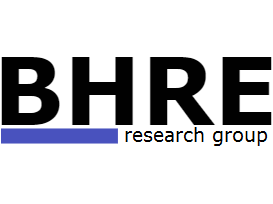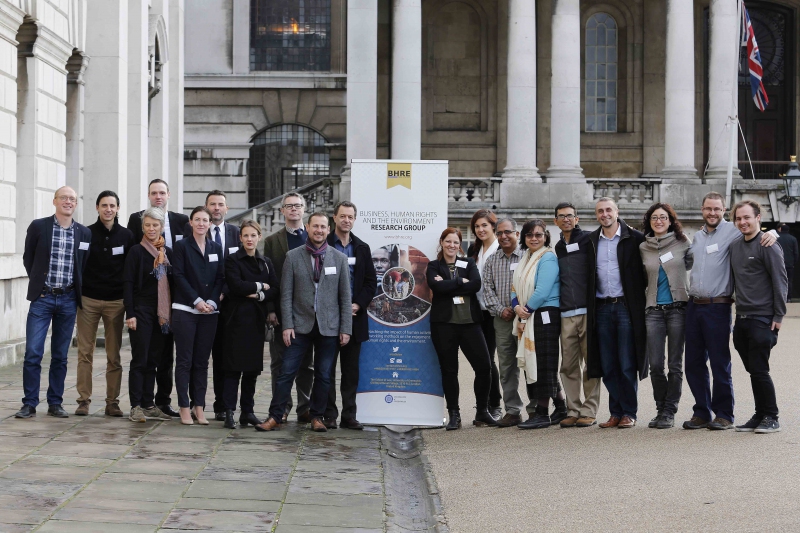In Memoriam of Professor Steven Haines
/It is with great sadness that we share that our dear colleague Steven Haines passed away in Agust 2025. Steven lived many lives, all of them extraordinary and in all of them making real contributions and touching the heart of so many people. At the BHRE we were privileged to share many many happy times discussing international law, human rights and our role in the world. He was an inspiration to his colleagues and a beacon for his students. We greatly miss our dear friend.
As an academic Steven worked tirelessly for the protection of education and schools in armed conflicts and human rights at sea making a real impact with his research, transforming law, policy and practice. He .was most proud of his work with the Global Coalition for the Protection of Education in Conflict and Human Rights at Sea.
Human Rights at Sea has prepared this beautiful memorial page.







